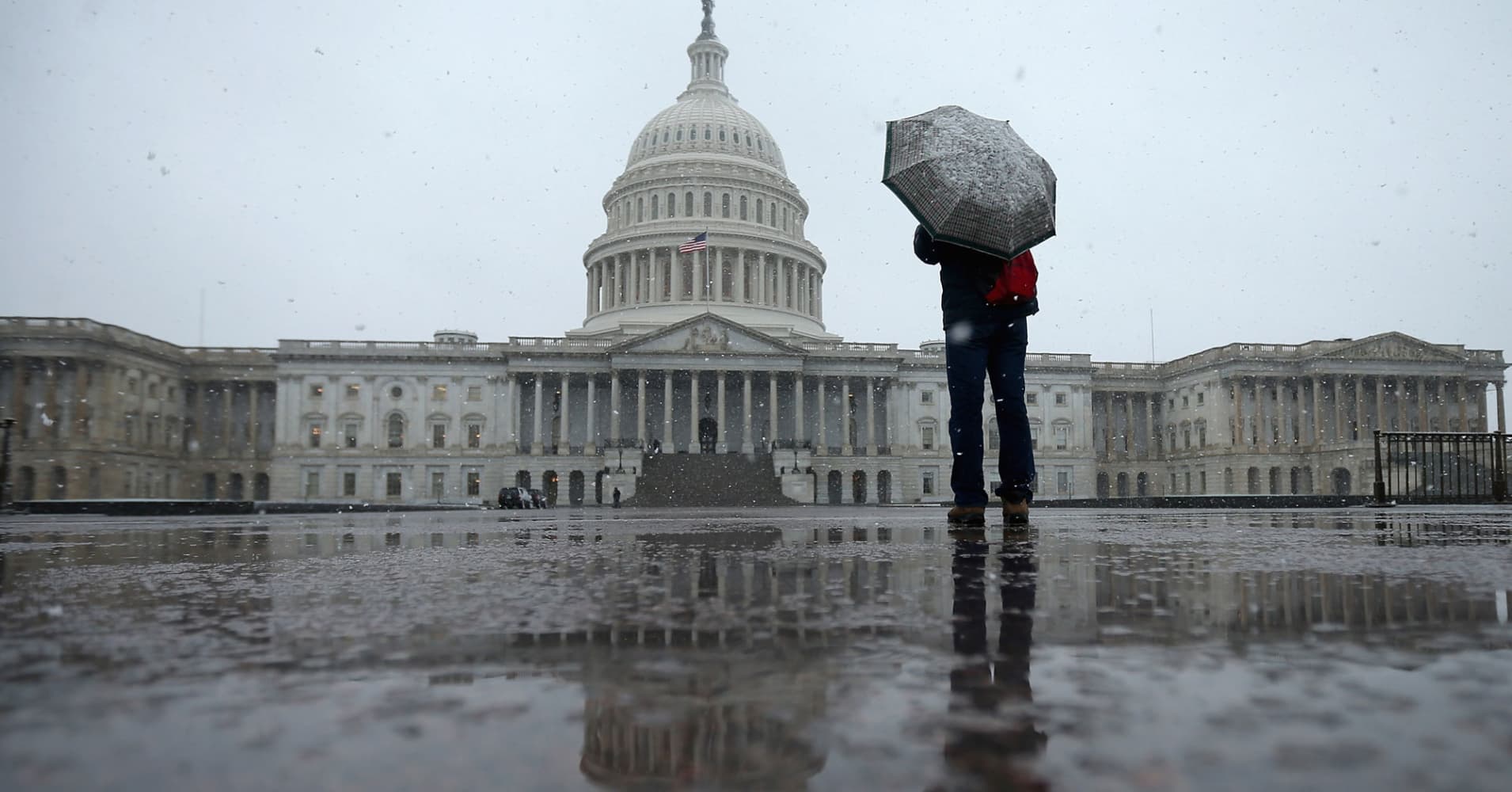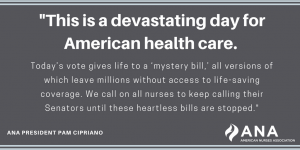
President Trump joined with congressional Democrats yesterday to clear three major items from a jam-packed congressional agenda. The stopgap agreement will raise the nation’s debt limit, keep the government open through the end of the calendar year, and provide hurricane relief for the communities and states hardest hit this hurricane season. In doing so, however, Trump and congressional leaders have ensured that an even bigger debate awaits them in December, with an unclear outlook on how it will resolve itself.
The House also passed nearly $8 billion in disaster aid in response to the devastation wrought by Hurricane Harvey. But with Hurricane Irma bearing down on Puerto Rico and Florida, lawmakers may be called on to pass additional funding soon.
Meanwhile, lawmakers still face an overflowing agenda. Here’s a quick rundown of what else to expect this September:
- Tax reform: The President and his administration have long signaled that they hope to pass tax reform legislation before the end of the calendar year. Their failure to pass health care reform legislation this summer, however, coupled with a long list of competing priorities, makes this increasingly unlikely.
- Health care reform: Though congressional leaders have appeared to move on to other, more pressing issues, President Trump continues to indicate he wants lawmakers to take one more shot at repealing and replacing the Affordable Care Act.
- Immigration: Following the President’s decision to rescind the policy of Deferred Action for Childhood Arrivals (DACA) in the event that Congress fails to craft a solution in the next six months, lawmakers on both sides of the aisle are searching for a legislative fix. Democratic leaders have asked Speaker Paul Ryan (R-WI) and Senate Majority Leader Mitch McConnell (R-KY) to bring the Development, Relief, and Education for Alien Minors (DREAM) Act to the floor for a vote, and have suggested they will attempt to attach the bill to other priority items to force leadership’s hand. Though widely championed by progressives, the legislation could face difficulty garnering bipartisan support.
Meanwhile, the Senate HELP committee will be holding a series of hearings to determine the best path forward on creating stability in the individual health insurance markets. Democrats are certain to use this forum to put a spotlight on the administration’s recent decision to slash funding used to promote the Open Enrollment period that starts November 1st. We’ll have an additional update for you later this week on these and other health care-related items.


